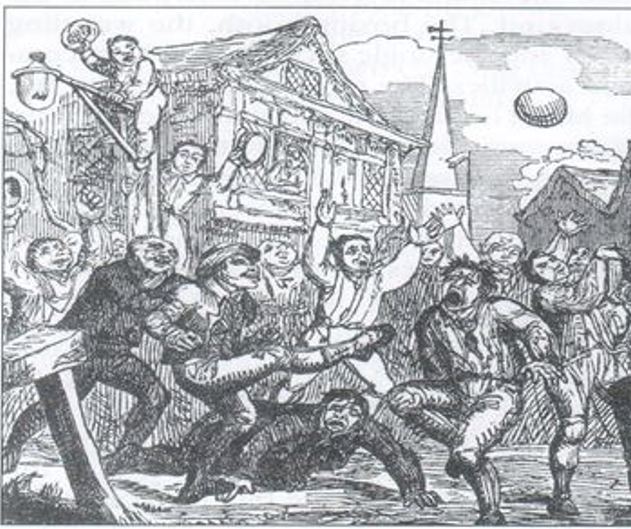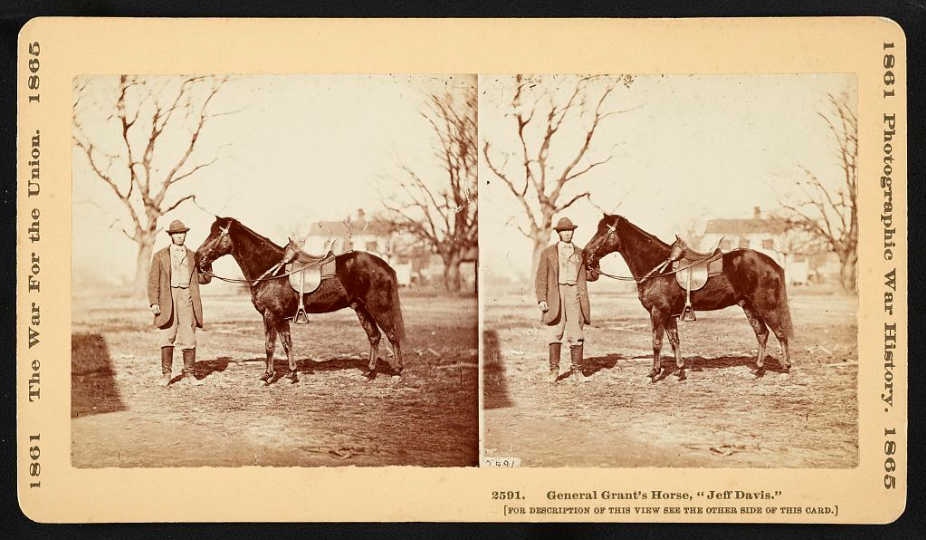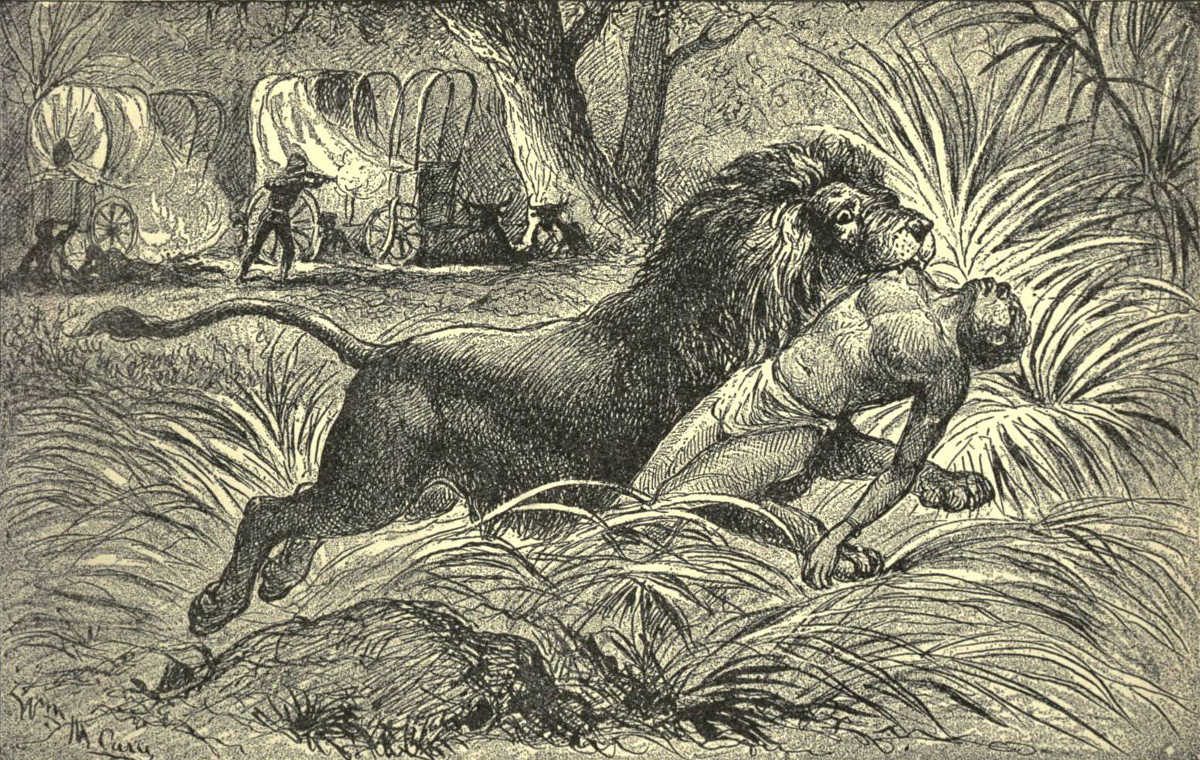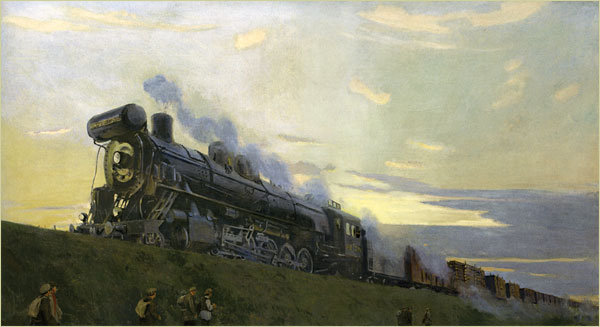
“Serious sport has nothing to do with fair play. It is bound up with hatred, jealousy, boastfulness, disregard of all rules and sadistic pleasure in witnessing violence: in other words it is war minus the shooting.”
— George Orwell, “The Sporting Spirit,” 1945
“[It is] to be utterly abjected of al noble men in likewise, footballe, wherein is nothinge but beastly furie and extreme violence whereof procedeth hurte and consequently rancour and malice do remaine with them that be wounded wherefore it is to be put in perpetuell silence.”
— Sir Thomas Elyot, The Governour, 1531
“For as concerning football playing, I protest unto you it may rather be called a freendly kinde of fight, then a play or recreation; A bloody and murthering practise, then a felowly sporte or pastime. … and hereof groweth envie, malice, rancour, cholor, hatred, displeasure, enmitie, and what not els: and sometimes fighting, brawling, contention, quarrel picking, murther, homicide, and great effusion of blood, as experience dayly teacheth.”
— Phillip Stubbes, Anatomy of Abuses, 1583










